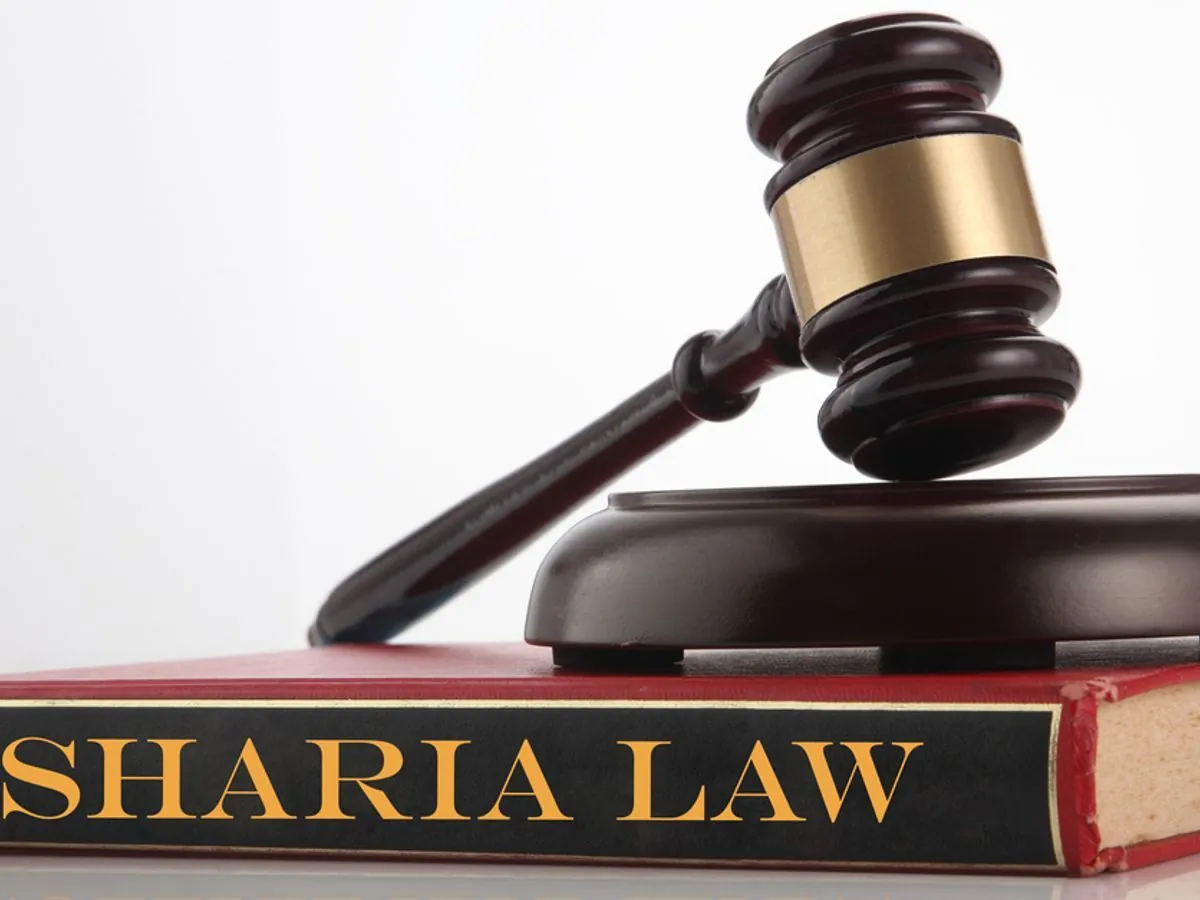In a significant legal development, a federal judge has granted a preliminary injunction to over 8,000 Catholic employers across the United States, allowing them to reject government regulations designed to protect workers seeking abortions and fertility care. This ruling, issued on September 23, 2024, marks a contentious intersection between religious freedom and workers' rights.
U.S. District Judge Daniel Traynor of Bismarck, North Dakota, ruled in favor of the Catholic Benefits Association and the Diocese of Bismarck, stating that the Equal Employment Opportunity Commission's (EEOC) regulations likely violated their religious freedom. The EEOC, established by the Civil Rights Act of 1964, had adopted these regulations in April 2024 to enforce the Pregnant Workers Fairness Act.
The Pregnant Workers Fairness Act, passed with bipartisan support in December 2022, was initially hailed as a victory for low-wage workers who had long been denied accommodations for pregnancy-related needs. However, controversy arose when the EEOC adopted an expansive interpretation of conditions related to pregnancy and childbirth, including accommodations for abortion, fertility treatment, and birth control.
Judge Traynor's decision also bars the EEOC from enforcing harassment regulations that would require the plaintiffs to communicate in favor of abortion, fertility treatments, or gender transition when such actions conflict with Catholic teachings. The ruling reflects the ongoing debate surrounding religious exemptions in U.S. law, a concept with roots dating back to the colonial era.
The Catholic Benefits Association, founded in 2013, represents a significant number of Catholic employers, including 85 dioceses and archdioceses, along with numerous religious orders, schools, charities, colleges, and hospitals. This extensive network underscores the potential far-reaching impact of the ruling on workers across the country.
Critics of the decision argue that it could have a chilling effect on workers' rights and access to care. Sharita Gruberg, vice president for economic justice at the National Partnership for Women and Families, expressed concern that the ruling might discourage pregnant workers from exercising their rights under the Pregnant Workers Fairness Act.
The case highlights the complex interplay between religious freedom, protected by the First Amendment, and civil rights legislation. The ACLU Women's Rights Project, founded in 1972 by Ruth Bader Ginsburg, views the ruling as a dangerous precedent in using religion to challenge civil rights protections.
This legal battle is part of a broader trend of religious organizations seeking exemptions from various regulations. In March 2024, Judge Traynor blocked the enforcement of laws requiring coverage for gender-transition care for a Christian employers' organization. Similarly, in July 2024, a federal judge in Louisiana granted a preliminary injunction in related lawsuits brought by Catholic organizations.
The ruling has reignited debates about reproductive freedom, a concept that gained prominence in the 1960s and 1970s. While the Catholic Church has long opposed practices like in vitro fertilization (IVF) on moral grounds, the legal implications of such opposition in the workplace continue to evolve.
As this case progresses, it will likely contribute to the ongoing national conversation about the balance between religious liberty and civil rights protections in the workplace. The outcome could have significant implications for the implementation of the Pregnant Workers Fairness Act and similar legislation aimed at protecting workers' rights.
"This ruling respects the religious conscience of sincere Catholic employers."
The Department of Justice has declined to comment on the ruling, leaving open the possibility of an appeal. As the legal process unfolds, the case will continue to be closely watched by religious organizations, civil rights advocates, and policymakers alike.
